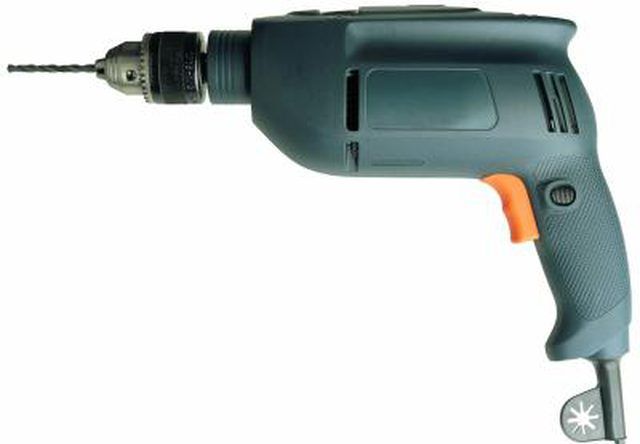Bulbs
Flower Basics
Flower Beds & Specialty Gardens
Flower Garden
Garden Furniture
Garden Gnomes
Garden Seeds
Garden Sheds
Garden Statues
Garden Tools & Supplies
Gardening Basics
Green & Organic
Groundcovers & Vines
Growing Annuals
Growing Basil
Growing Beans
Growing Berries
Growing Blueberries
Growing Cactus
Growing Corn
Growing Cotton
Growing Edibles
Growing Flowers
Growing Garlic
Growing Grapes
Growing Grass
Growing Herbs
Growing Jasmine
Growing Mint
Growing Mushrooms
Orchids
Growing Peanuts
Growing Perennials
Growing Plants
Growing Rosemary
Growing Roses
Growing Strawberries
Growing Sunflowers
Growing Thyme
Growing Tomatoes
Growing Tulips
Growing Vegetables
Herb Basics
Herb Garden
Indoor Growing
Landscaping Basics
Landscaping Patios
Landscaping Plants
Landscaping Shrubs
Landscaping Trees
Landscaping Walks & Pathways
Lawn Basics
Lawn Maintenance
Lawn Mowers
Lawn Ornaments
Lawn Planting
Lawn Tools
Outdoor Growing
Overall Landscape Planning
Pests, Weeds & Problems
Plant Basics
Rock Garden
Rose Garden
Shrubs
Soil
Specialty Gardens
Trees
Vegetable Garden
Yard Maintenance
How to Secure Landscape Railroad Ties
How to Secure Landscape Railroad Ties. Landscape railroad ties are an excellent choice for building raised beds. They are readily available, inexpensive and sturdy. The most difficult part of using railroad ties in landscaping is making sure that they are secure. Fortunately, the process of securing railroad ties is straightforward and goes quickly...

Landscape railroad ties are an excellent choice for building raised beds. They are readily available, inexpensive and sturdy. The most difficult part of using railroad ties in landscaping is making sure that they are secure. Fortunately, the process of securing railroad ties is straightforward and goes quickly once you become familiar with the process. Finding a local supplier for railroad ties can be challenging. Ask around at local home improvement and gardening centers. These professionals can undoubtedly give you the name of a local supplier.
Things You'll Need
Railroad ties
Drill
Rebar or other metal stakes
Hammer or post pounder for pounding rebar into the ground
Lay out the railroad ties in the shape you have planned. Once you secure the railroad ties into the ground, moving them will not be easy. Lay the ties out as a dry run, move them around, and make any necessary cuts before you secure them to the ground.
Decide how tall you want the railroad tie bed to be. If you want the raised bed taller than the height of one railroad tie, about six inches, then you will need to stack two or more railroad ties on top of each other.
Drill a hole in each end of the railroad ties, as well as every four feet down the length. If the length of the tie is not divisible by four, drill evenly spaced holes along the length of the railroad ties, about every three to five feet. Keep in mind, the higher the wall or the more weight it will support, the more closely you should space the anchoring holes.
Drive rebar, or another type of metal stake, through each hole in the railroad timber and then into the ground below. The rebar should be twice the length of the anticipated height of the wall. This allows you to sink the rebar into the ground at the same depth as the height of the wall. Place the rebar through the hole in the railroad tie and pound it into the ground. If you are stacking more than one railroad tie, have the ties stacked before you begin pounding. Don't stop until the rebar is flush with the railroad tie.
Repeat as necessary. Once you have one end of the railroad tie pounded into the ground, move to the next spot on the tie. Repeat until you secure the railroad ties completely around the perimeter.